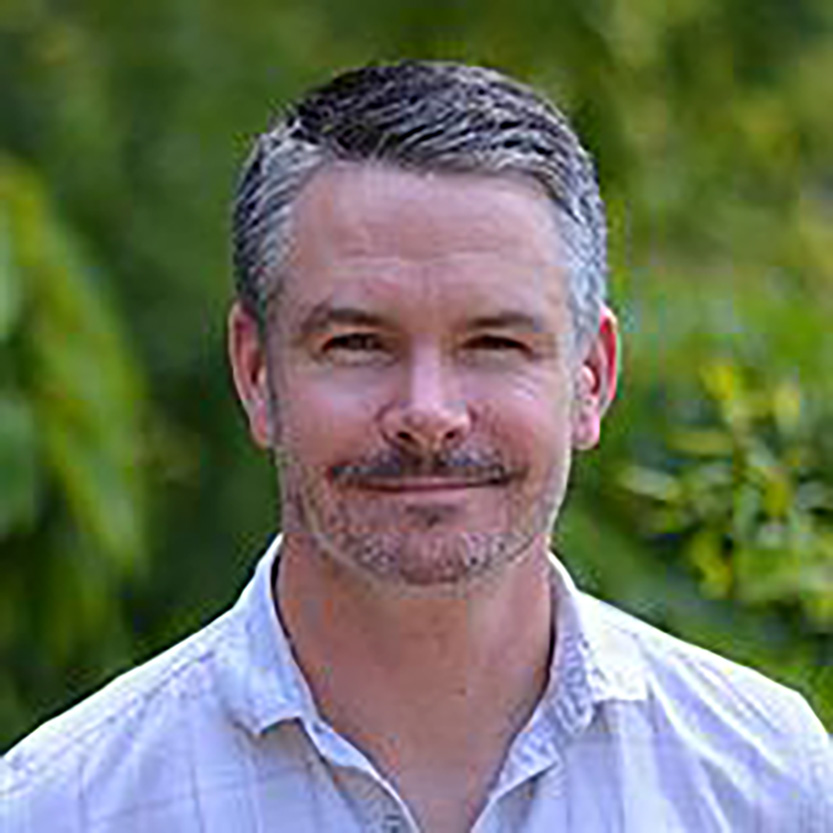Soil is the most biodiverse habitat on Earth and regulates global biogeochemical cycles. This "life support system" provides crucial resources for humanity. However, it has been degraded by past land-use practices and is increasingly threatened by changing climatic conditions, as well as the pressures resulting from growing populations and economies. Microbes play a vital role in soil function, and consequently, our understanding of soil function and our ability to predict it are limited by our knowledge of the functional traits of soil microbes, most of which may never be cultivated for isolated study.
Advancements in technology continue to unveil new lineages and hypothesized functions of soil microbes. Importantly, the functions of soil microbes can now be linked within 'species' units by directly assembling genomes from soil communities. To address the complexity of soil microbiomes we have developed a hierarchical trait-based approach that distills microbial functional diversity into tractable units (guilds). In this seminar, I will discuss recent work harnessing the expanding resource of soil bacterial and archaeal genomes to investigate trait variation and trait linkage. I will also present our research on the development of trait-based models, including a novel approach to derive parameters for uptake kinetics directly from genomes, and provide examples of emergent behavior resulting from the interactions of metabolic, thermodynamic, and life history traits. Finally, I will conclude by sharing some thoughts and examples of how to apply these data-driven microbial simulation approaches to complex ecosystems.


